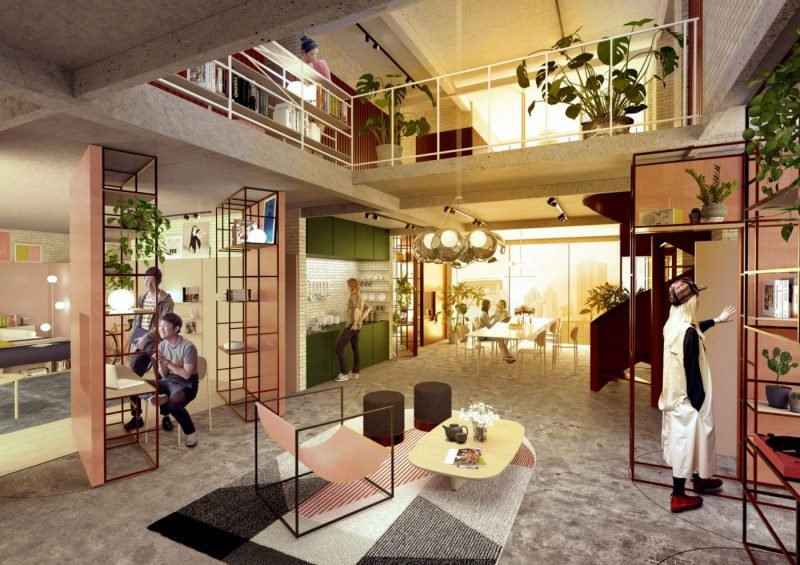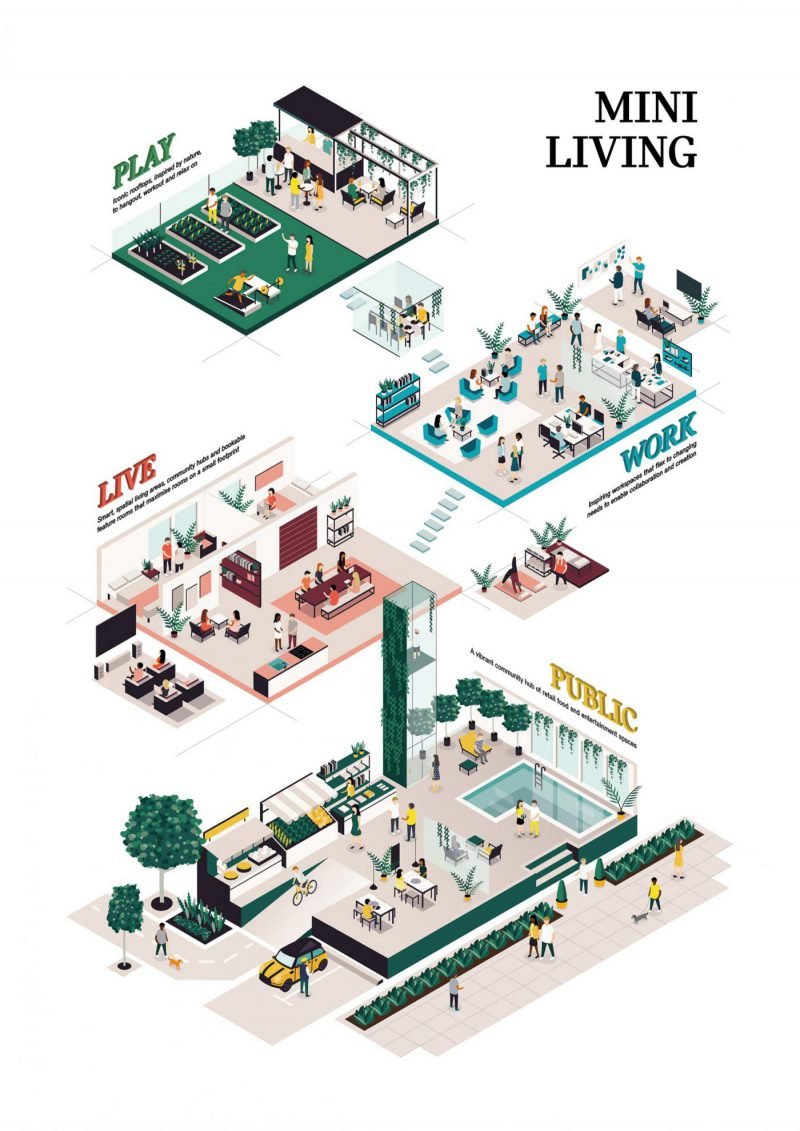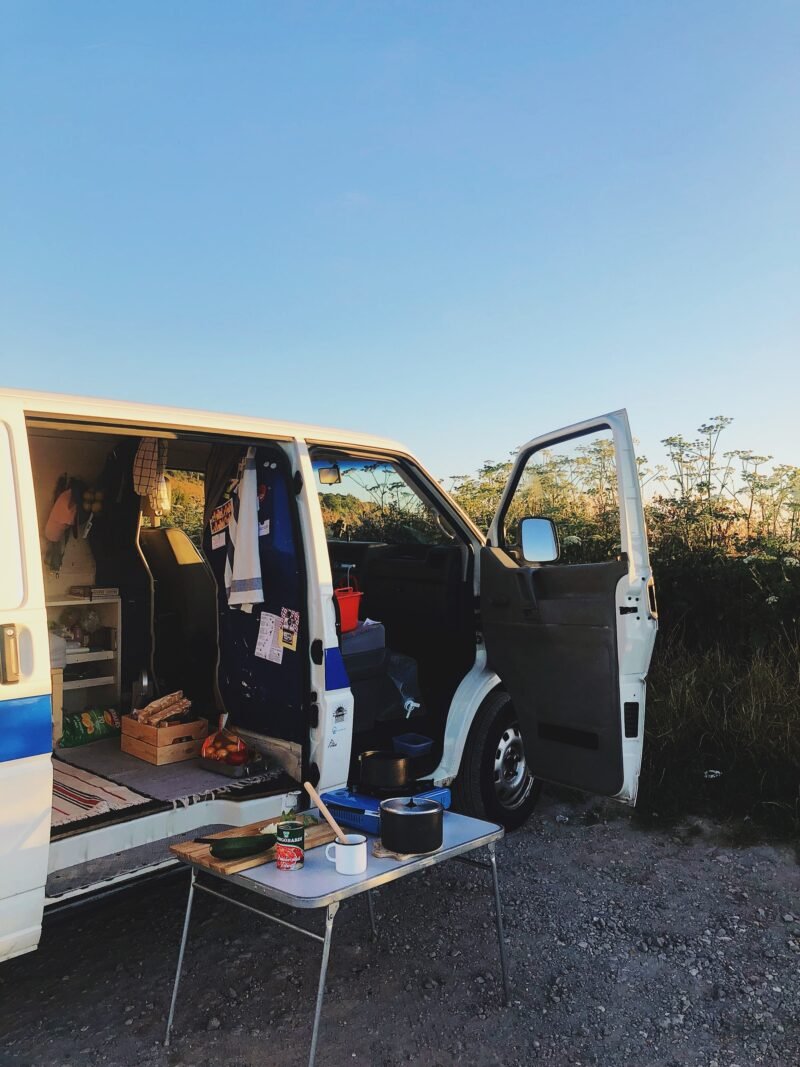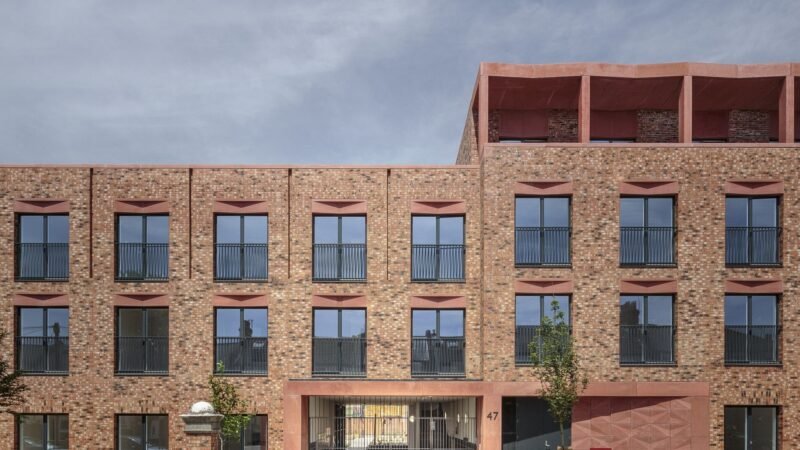MINI Goes Into Co-Living
With its newest project, the MINI Living building in Shanghai, the car brand is continuing its venture into the urban living sector. The rental market in big cities across the world is an interesting addition to the list of urban challenges that it seeks to address with its MINI Living program.
MINI announced that it will work together with Chinese project developer Nova Property Investment Co. to transform a disused paint factory complex in Shanghai’s Jing’An district into a new neighborhood with apartments, offices, and leisure spaces that promote sharing. One of the goals of the project is to show how the use of space — for living, working, leisure, and public purposes — can be optimized within an urban context. “Our aim here is to offer an extremely high quality of life within an extremely small area,” according to Peter Schwarzenbauer, board member of MINI parent company, BMW Group.

The building project will comprise the renovation of six buildings, each of which will contain international, modern, and clean private apartments that can be rented for short-, medium-, and long-term periods, as well as a range of shared and public spaces. There will for example be lobbies, a food market, and an exhibition area that residents can enjoy, while gardens, play areas, and shops and restaurants are planned to be accessible for people from other parts of the city too. In this way, the car brand hopes to bring people together and encourage shared experiences. This is one of the key aims of the MINI Living program in which, building on its legacy of intelligently using space, MINI tries to maximize human experience within a small footprint.

Esther Balme, head of MINI brand strategy and business innovation, states that with the Shanghai building MINI is “offering a place that can adapt to its residents, is flexible and allows room to breathe.” The building initiative therefore links up neatly with the flexible co-living installation MINI presented during the 2016 Salone del Mobile in Milan and its project on urban third spaces. Will MINI’s endeavors succeed in creating a genuine alternative to the rental market of big cities such as Shanghai?



